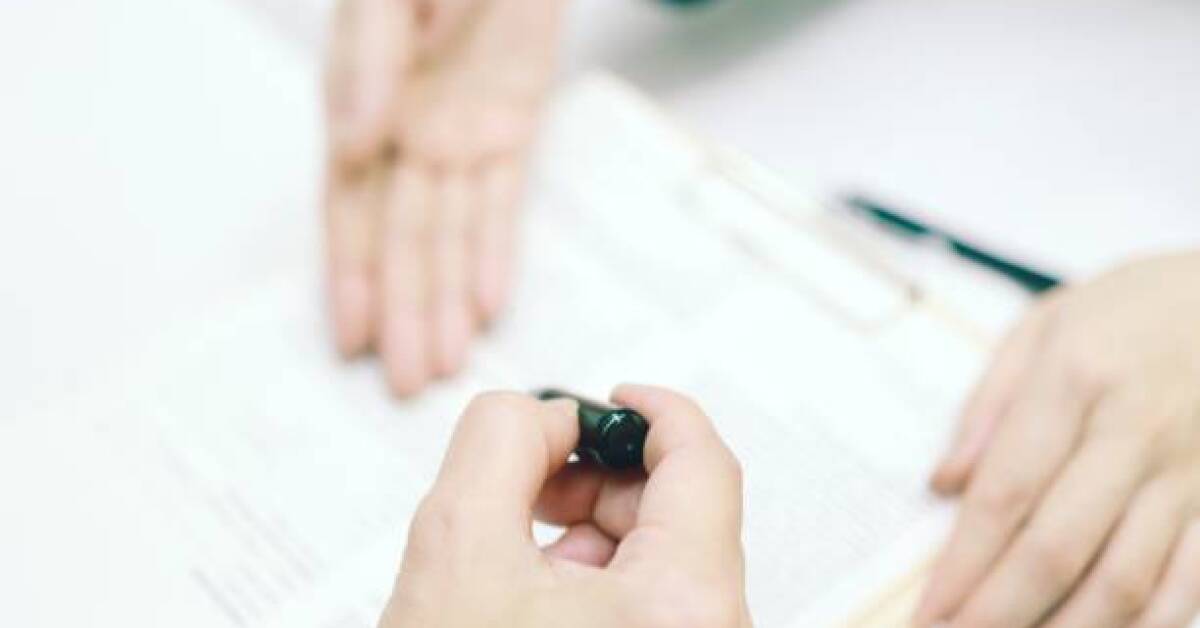Deed of Trust in the UK: Securing Financial Fairness in Property Ownership

Buying property is one of the most significant financial decisions individuals make. However, when multiple people contribute to a property purchase, ensuring that each person's investment is protected becomes essential. A Deed of Trust, or Declaration of Trust, is a legal instrument that provides financial fairness, security, and legal clarity for co-owners. This document prevents misunderstandings and disputes by outlining ownership rights, responsibilities, and exit strategies. In this article, we explore the role of a Deed of Trust in ensuring fair property ownership, protecting relationships, and preventing future conflicts.
Why a Deed of Trust is Essential for Fair Ownership
Without a Deed of Trust, ownership defaults to the assumptions of joint ownership, which might not reflect actual financial contributions. This can lead to conflicts, particularly in situations where:
- One party has contributed more to the purchase price.
- A family member or friend has invested but does not appear on the title.
- Co-owners have different expectations about profit distribution upon sale.
A Deed of Trust protects each person’s stake and outlines a fair framework for managing contributions and proceeds.
Key Benefits of a Deed of Trust
- Financial Protection – Ensures all parties get back what they put in.
- Avoiding Legal Disputes – Reduces the risk of disagreements about ownership and contributions.
- Relationship Security – Prevents property ownership issues from straining personal or business relationships.
- Customizable Ownership Terms – Allows co-owners to set unique financial arrangements tailored to their contributions.
- Transparent Exit Strategy – Establishes clear terms for selling or transferring ownership.
Situations Where a Deed of Trust is Crucial
Couples with Unequal Contributions
If one partner contributes more to the deposit or mortgage payments, a Deed of Trust ensures they receive their fair share in case of separation.
Parents Helping Their Children Buy Property
A Deed of Trust can specify whether parental financial assistance is a gift, loan, or equity stake in the property.
Joint Investment in a Buy-to-Let Property
For investors pooling resources to purchase property, a Deed of Trust ensures profits and responsibilities are distributed according to agreed percentages.
Essential Elements of a Deed of Trust
A well-drafted Deed of Trust should include:
- Ownership Percentages – Clearly stating each party’s share in the property.
- Financial Contributions – Detailing initial deposits, mortgage payments, and ongoing costs.
- Sale and Profit Distribution – Defining how proceeds will be divided upon sale.
- Exit Mechanism – Outlining steps for buying out a co-owner or selling shares.
- Dispute Resolution – Providing a framework for handling disagreements.
Legal Considerations and Best Practices
- Legally Binding Document – A properly executed Deed of Trust is enforceable in UK courts.
- Impact on Mortgage Agreements – Some lenders may require disclosure of the trust agreement.
- Tax Implications – Consulting a tax advisor is important for Capital Gains Tax and Stamp Duty considerations.
- Updating the Land Registry – Though not always required, co-owners can reflect the agreement on the Land Registry for additional legal security.
How to Set Up a Deed of Trust
- Consult a Solicitor – Professional legal advice ensures fairness and enforceability.
- Define Ownership Terms – All parties should agree on contributions, shares, and responsibilities.
- Draft the Document – The Deed must be formally prepared and signed by all relevant parties.
- Store Safely – Keep copies accessible in case of future disputes.
Conclusion
A Deed of Trust is a critical tool for ensuring fairness, clarity, and protection in property ownership. Whether buying with a partner, investing with friends, or receiving family support, having a Deed of Trust safeguards financial contributions and prevents conflicts. Taking the time to establish clear terms through this legal document provides peace of mind and security for all co-owners involved.
Visit Parachute Law’s Deed of Trust page today to learn more or start your process.


